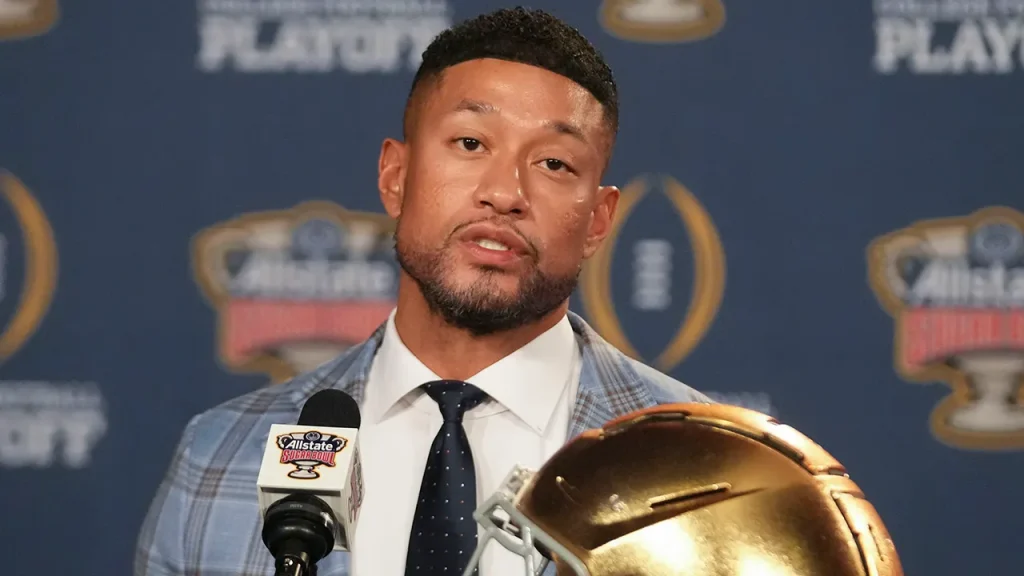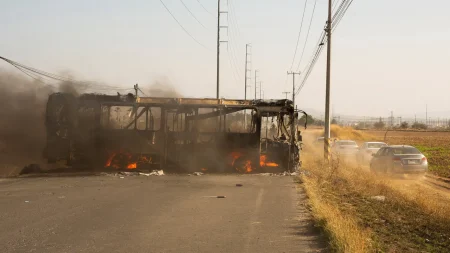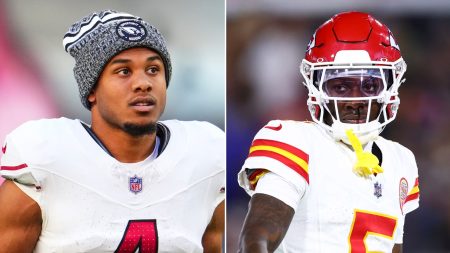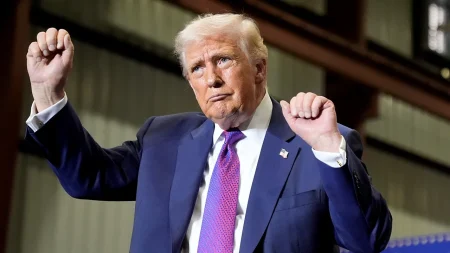In the face of tragedy, the Notre Dame Fighting Irish football team, led by head coach Marcus Freeman, found themselves navigating an unprecedented situation on the eve of the Sugar Bowl. A terror attack in New Orleans, which claimed the lives of over a dozen individuals, cast a somber pall over the city and forced the postponement of the crucial College Football Playoff game. The originally scheduled Wednesday night kickoff was pushed back to Thursday evening, leaving the team to grapple with the emotional weight of the events while simultaneously preparing for a high-stakes matchup against the Georgia Bulldogs. Coach Freeman, addressing the challenging circumstances, revealed his message to the team, emphasizing both empathy for the victims and the importance of refocusing on the task at hand.
Freeman’s approach to the crisis was two-pronged. Initially, he prioritized providing a space for the team to collectively mourn the lives lost and offer prayers for the city and the nation. This recognition of the human toll of the tragedy underscores the importance of empathy and compassion in the face of adversity. The shared moment of grief and reflection served as a vital step in processing the shock and sadness surrounding the attack, fostering unity and resilience within the team. However, recognizing the need to balance emotional processing with the demands of their upcoming game, Freeman also steered the team’s attention towards preparing for the Sugar Bowl. This shift in focus, while seemingly abrupt, was necessary to ensure the players could compartmentalize their emotions and perform at their best under extraordinary circumstances.
The decision to proceed with the game, despite the tragic backdrop, carried a significance that transcended the realm of sports. Freeman acknowledged the broader implications of playing the game, recognizing that it could serve as a symbol of resilience and solidarity with the city of New Orleans. He emphasized the importance of rallying around the community and supporting the victims and their families. The game, in this context, became more than just a competition; it became a platform for demonstrating the power of sport to unite and uplift in times of crisis. This perspective reflected a deep understanding of the role of athletics in society, showcasing its capacity to provide solace, inspiration, and a sense of normalcy in the aftermath of tragedy.
Freeman’s belief in the team’s ability to rise to the occasion stemmed from his faith in their collective character and the strength of their program’s culture. He articulated the conviction that challenging times reveal the true essence of a team, a program, and even a nation. His confidence in the team’s ability to respond positively to the adversity reflected a broader belief in the power of shared purpose and resilience to overcome difficult situations. The Sugar Bowl, therefore, became a test of character, not just on the football field, but also in the team’s capacity to empathize, support, and persevere in the face of tragedy.
The context of the Sugar Bowl added another layer of complexity to the game’s significance. The winner of the matchup between Notre Dame and Georgia would advance to play Penn State in the next round of the College Football Playoffs. The Nittany Lions had already secured their spot in the semifinals with a victory over the Boise State Broncos. This high-stakes environment added pressure to an already emotionally charged situation. The players, already grappling with the weight of the terror attack, now also carried the burden of representing their university and their fans in a crucial playoff game. The confluence of these factors created a uniquely challenging and emotionally complex scenario for the Notre Dame team.
In response to the heightened security concerns following the attack, measures were taken to ensure the safety of players, staff, and fans attending the Sugar Bowl. Security was significantly enhanced around the Caesars Superdome, the venue for the game. Louisiana Governor Jeff Landry’s planned attendance at the game served as a further demonstration of support and resilience in the face of the tragedy. His presence symbolized the state’s resolve to not be intimidated by acts of terror and to carry on with important events, albeit with heightened security precautions. This public display of solidarity sent a powerful message of defiance and determination to overcome adversity.















